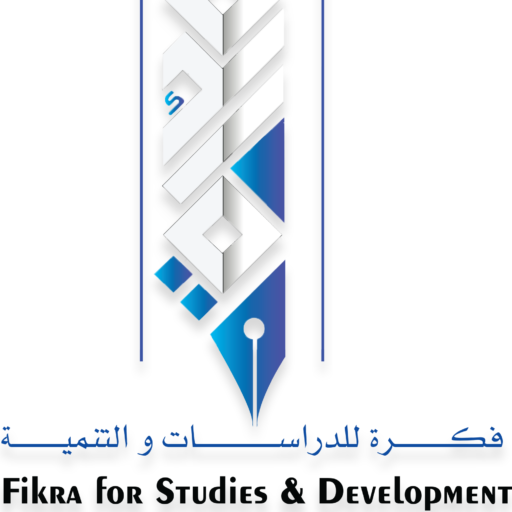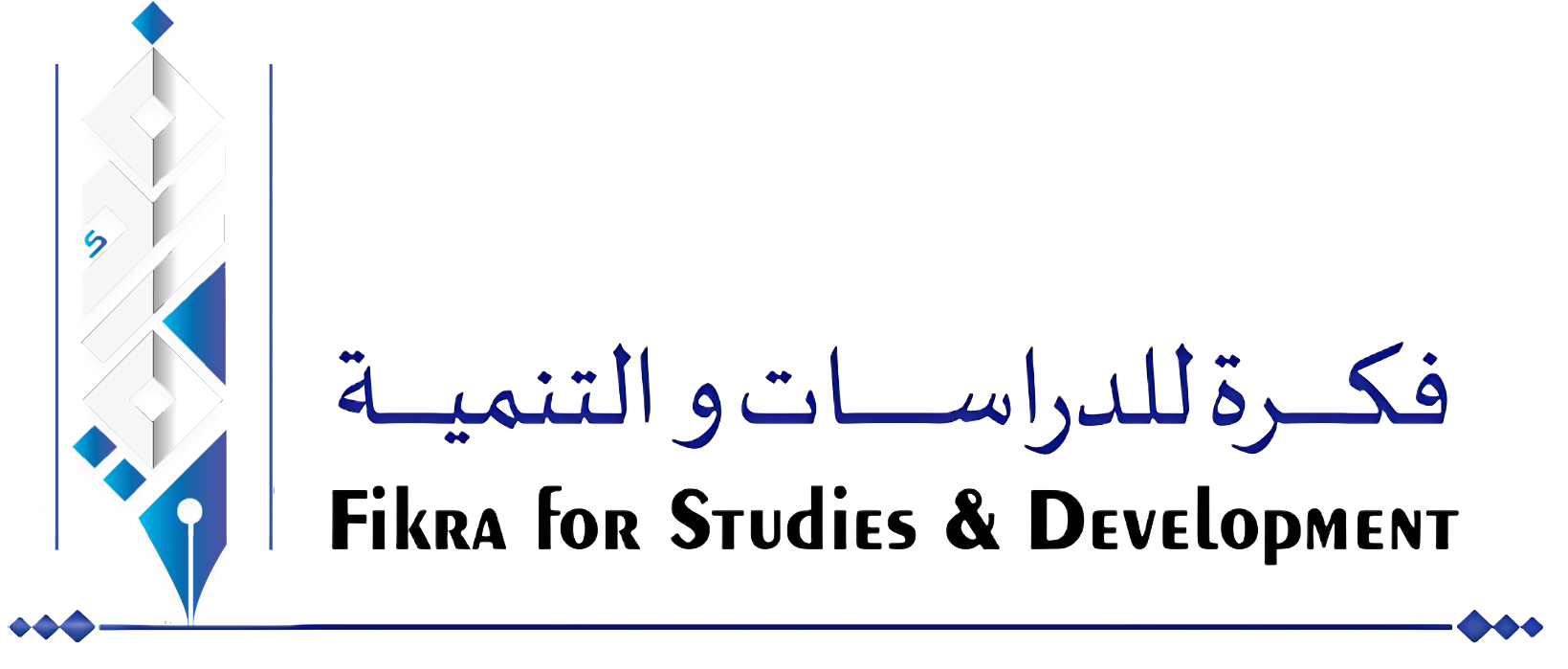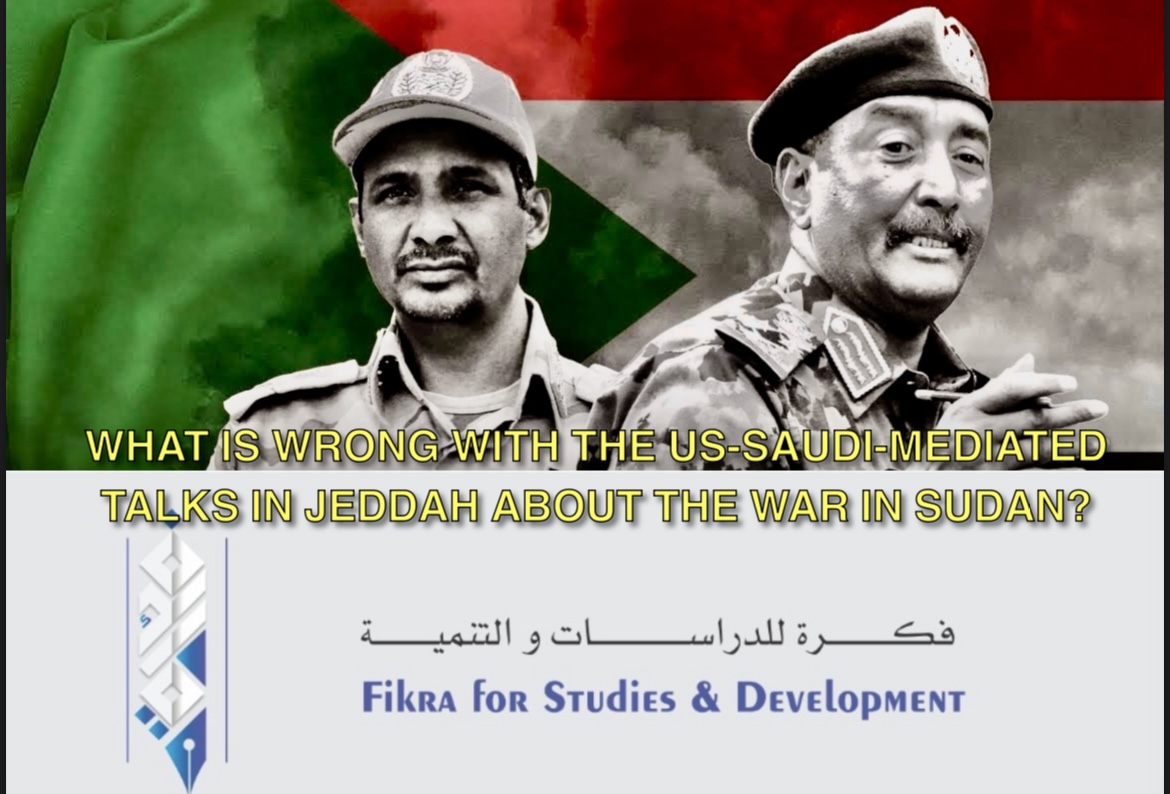What is wrong with the US-Saudi-mediated talks in Jeddah about the war in Sudan?
What is wrong with the US-Saudi-mediated talks in Jeddah about the war in Sudan?
The hurried, unreserved, and superficial reception and welcoming provided by some Sudanese civilian political forces and some regional and international organisations eager to associate themselves with any US-affiliated effort contributes significantly to the continuation of the light handling of the war situation in Sudan. It bolsters the Humpty Dumpty diplomatic approach that has dominated U.S. policy towards Sudan since the October 2021 coup d’état. After repeated failures, this disorganised strategy must be harshly criticised in order to be reevaluated and altered. The current situation in Sudan is more grave and perilous than allowing another failure of efforts to restore peace, stability, and a civilian democratic transition to the country. Only genuine civilian democratic transition is can ensure for the first two to take place.
The US-Saudi initiative that delivered the talks that began in Jeddah on May 6, 2023, may have been founded on good intentions, but it is riddled with deficiencies and defects that render it absurd. In the past weeks, US and Saudi Arabia have proclaimed six times since the outbreak of fighting between the Sudanese army and the Rapid Support Forces that a humanitarian cessation of hostilities has been reached. However, after each announcement, the battling between the warring parties immediately escalates, indicating that these efforts have little influence or capacity in the real world. The low-key delegation sent by the two parties to Jeddah reveals that neither is honestly interested in a fruitful outcome, but rather is using it as a platform to demonstrate their alignment with the two big foreign actors, for whose approval both SAF and RSF are competing. However, the United States and Saudi Arabia continue to keep the process to themselves and appear unwilling to engage or coordinate with other regional and international actors involved in the situation. They are evidently more concerned with having full ownership of the process more than with its actual success. A typical attitude of US Assistant Secretary of State for African Affairs Molly Phee, who is running the show in Jeddah and who previously pushed two US envoys to Sudan to resign because they disagreed with her administration of US policy towards Sudan. This occurred following October 2021, after the now warring parties partnered to stage a coup to overthrow the civilian government. The US special envoy for the Horn of Africa, Jeffrey Feltman, resigned from his position in January 2022, and his replacement, David Satterfield, resigned from the same position in April 2022, due to the irrational and unprincipled soft and spoiling treatment to the Generals following their coup. This fed their lust to more power and their illusions of legitimacy in the absence of any discourse about political accountability for their actions. Clearly, the catastrophic approach contributed to the escalating tension and polarisation that erupted in the current conflict, which followed a chaotic political process that the United States fostered behind the scenes, leaving the tripartite of the UN, AU, and IGAD to handle the optics. Despite this, and despite the calamitous circumstances, Phee continues to lead US efforts to address the situation.
Listed below are a few issues with the current negotiations in Jeddah:
The absence of any civilian voice at the table of Jeddah makes it another closed door deal between the two parties who started the war. This will only lead to another power-sharing deal or short-term understandings which were behind the causation of this war in the first place. The US led the world in favouring certain civilian political actors and individuals and giving them the monopoly of the representing the civil movement in Sudan. Now when it discovered its grave mistake, the US officials tactic to cover this is not to engage the civilians at all. Without considering for a minute how this approach is handing the country to the realm of military role and cementing it. The definition of the civilian actors should not be reduced to the like-minded pro-west institutionalised political forces, but should be expanded to the broadest possible definition, to include: formal civil society organisations, informal groups, elected trade unions, Resistance Committees, local and traditional leaders -whose their efforts for preventing fighting was the only successful effort in North and West Darfur- eminent personalities, in addition political leaders/parties. The previously rebel movements and their leaders who signed the Juba Peace Agreement also played a significant role in allowing for humanitarian relief and their efforts prior to the was were the most effective. In the current situation of war, the International community should not judge them by their position of the political process it fostered prior to the war. We can all see how did it end, regardless the causation. This is no time for settling political scores, it is time to stop the war.
The US/KSA mediated talks in its current format continues to legitimise the warring parties as natural political actors – in fact, as the the only political actors of the country. It is giving them the agency to discuss solely the situation in Sudan, as it is only about their points of conflict. This not only feeds their lust for more power but it is also based on the same flawed analysis that neglected that both warring parties (SAF and RSF) were partners in throwing the 2021 coup that started the chain reaction leading to this current war. In the previous political process, disregarding political responsibility and accountability contributed to this predicament. The cost of failure rises in a geometric progression with each new failure, and it has already reached catastrophic proportions. This flawed analysis must be revisited immediately, and all interventions founded on it must cease.
There is an increasing sense that the continuation of the same strategy, including involvement by the same US and KSA representatives who were part of the previous botched political process, indicates that the US and KSA do not truly believe that these negotiations will result in anything. Instead, they want something on the record so that after one side “wins,” everyone may talk to that side since it was “willing to negotiate.” Another check-the-box exercise.
Moreover, many Sudanese believe that these secretive talks are being used as a pretext to further delay the humanitarian relief response, which is the only practical people-centered intervention at present, and it is also used to reduce the sense of urgency of the situation by creating the illusion that someone is taking action to address it.
The secrecy regarding the substance and content of the Jeddah’s arrangements – or, more precisely, the absence of such substance – makes everyone suspicious of it. Particularly because the United States, which is leading the process, exerted pressure regarding the Security Sector Reform in the previous process in order to achieve certain interests that are not consistent with the goals of a democratic transition in Sudan (such as restoring the arrest and detention powers to the General Intelligence Service that were stripped from it after the 2019 revolution). These doubts are heightened by the fact that the same individuals who pushed for these demands in the previous process from the US Department of State and the US Department of Defence are currently the same people present in Jeddah and pressing for this process. This may suggest that the American presence in this initiative is intended to pave the way for a military regime in Sudan that serves only US security interests in the region, but represents a tragic end to the revolution and democratic transition in Sudan.
If international actors are to learn anything from what has happened and is happening in Sudan, it is that they must reconsider and reevaluate their strategy in the region and abandon their still-ongoing Humpty Dumpty diplomatic approach to the situation. Support for democracy and civil transformation in Sudan can not be mere lip service. The international community must adopt positions consistent with the aspirations of the Sudanese people, for which they fought during their revolution to bring the Islamists regime in 2019. The limited and short-term perspective to serve temporary interests will only result in more instability and volatility in Sudan, as well as regional and global repercussions.
Amgad Fareid El-Tayeb
CEO of Fikra for Studies and Development
previously served as the Assistant Chief of Staff to the Prime Minister of Sudan; Dr. Abdalla Hamdok during the transitional period following the toppling of the Islamic dictatorship in Sudan. He has also served as a political advisor to the United Nations Special Political Mission in Sudan (UNITAMS) and a visiting fellow at the European Council on Foreign Relations. He made a prominent political and social contribution to the liberation movement to overthrow Bashir Islamic regime before and during the December 2018 revolution acted as the head of the foreign relation committee of the Sudanese Professional Association and Spokesperson of it during the revolution. Founder of the Nafeer Initiative in 2013 and contributed significantly to the establishment of the Girifna and Sudan Change Now movements. He has also written extensively on cases of violations of migrants’ rights, democratization, and issues of military and civil institutional reforms in Sudan. He can be contacted by email at: amjedfarid@gmail.com , Amgad@fikrasd.com
Twitter: @amjedfarid


